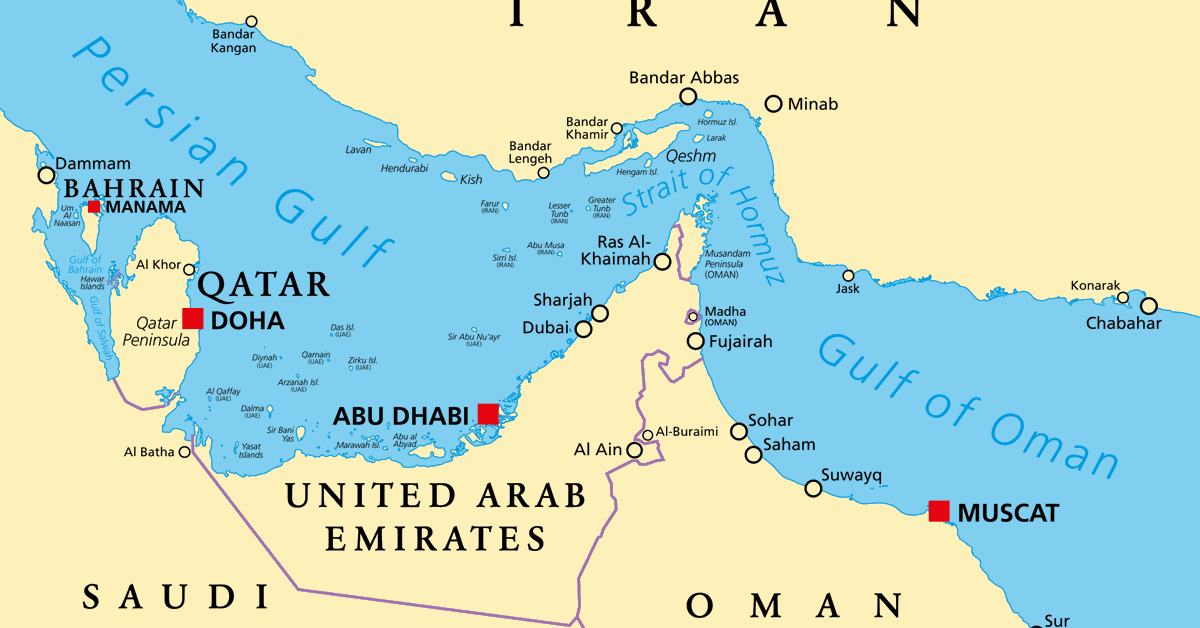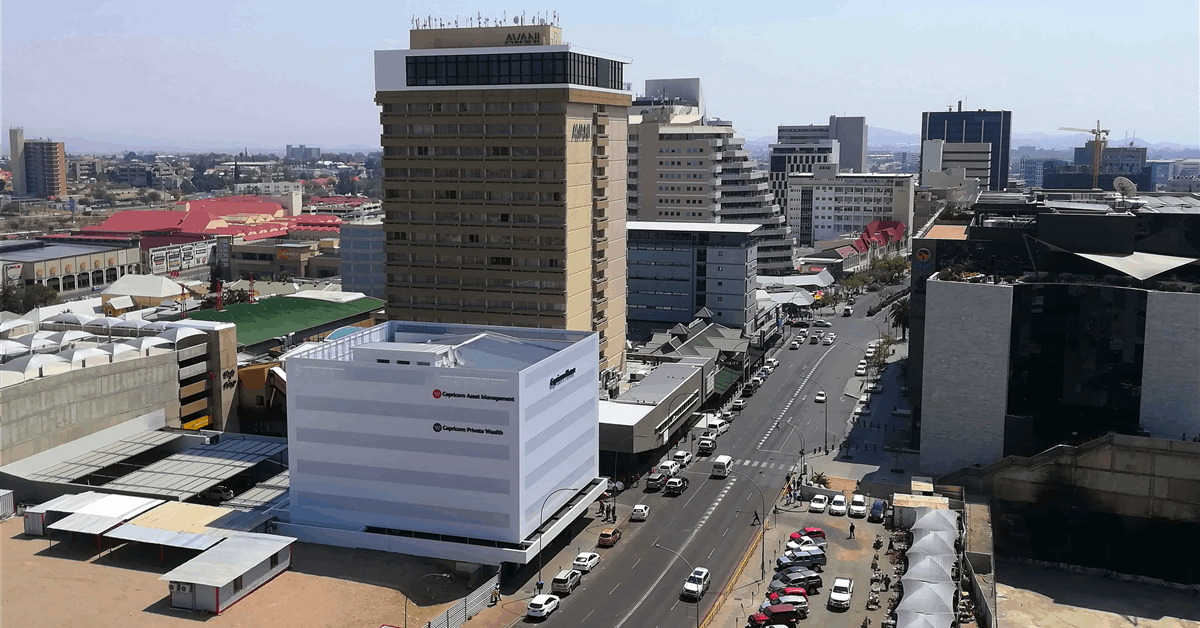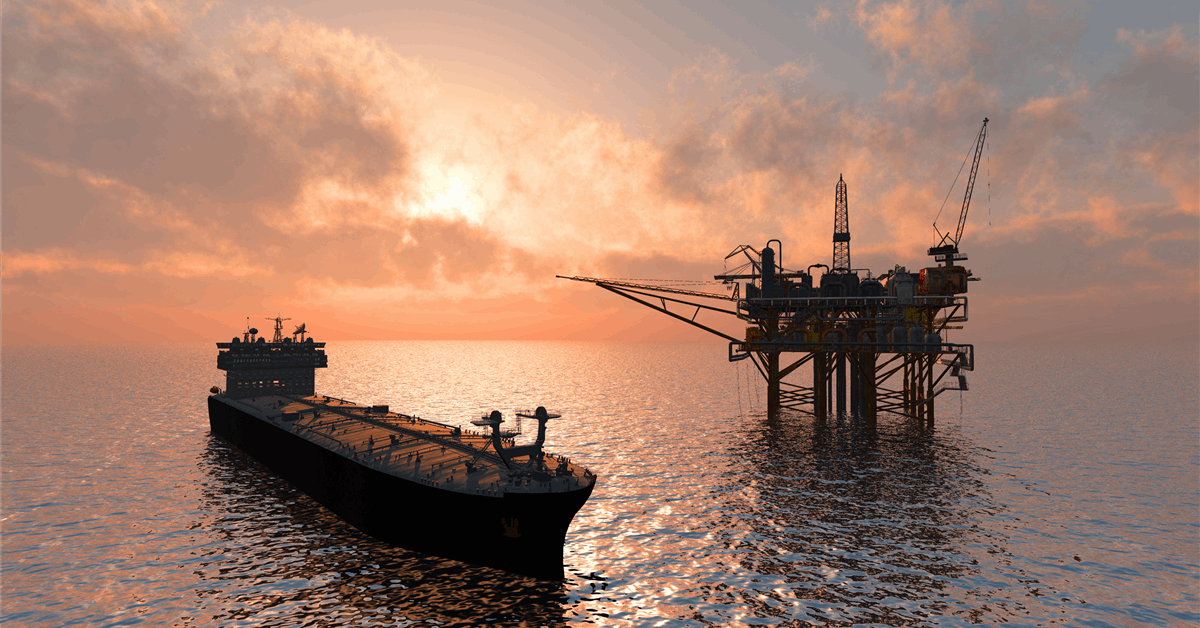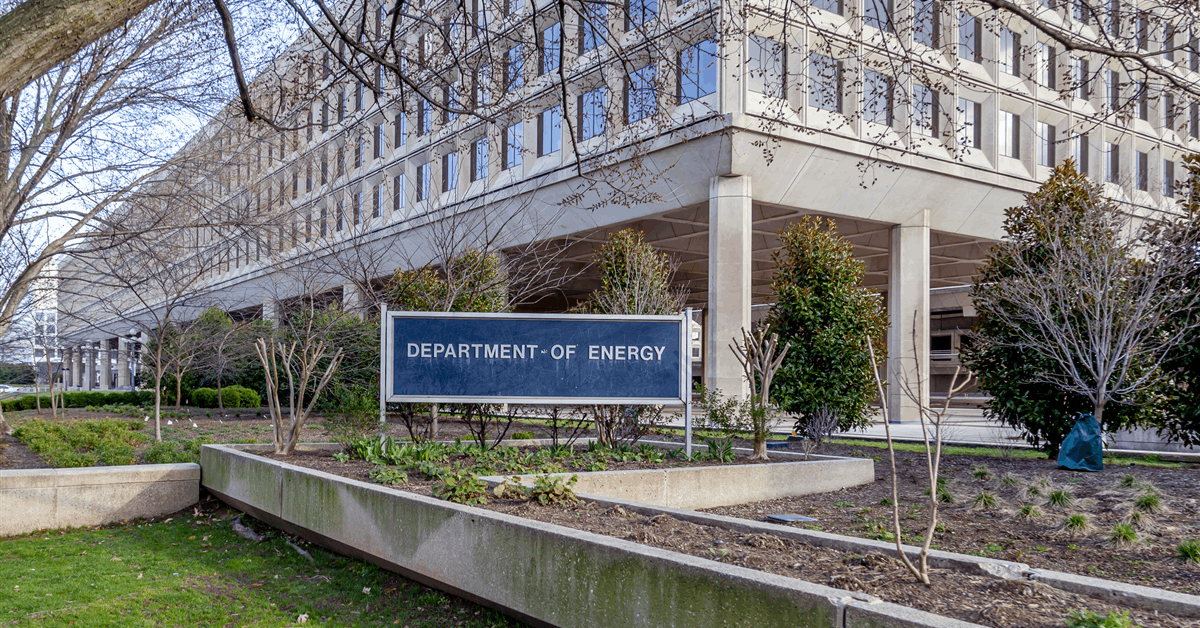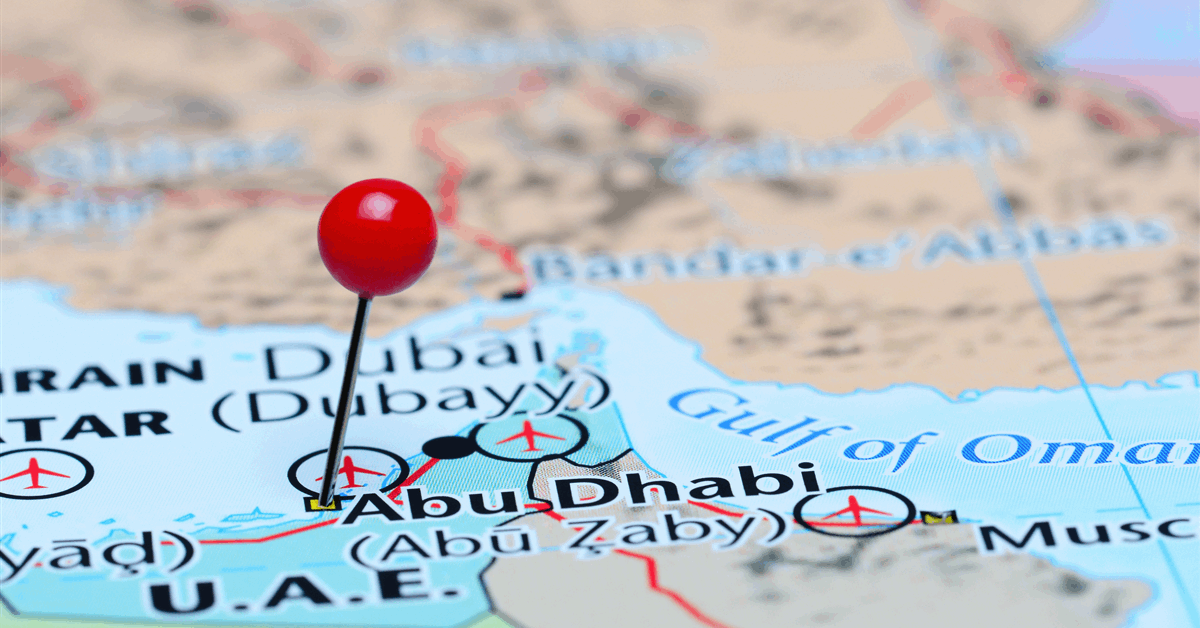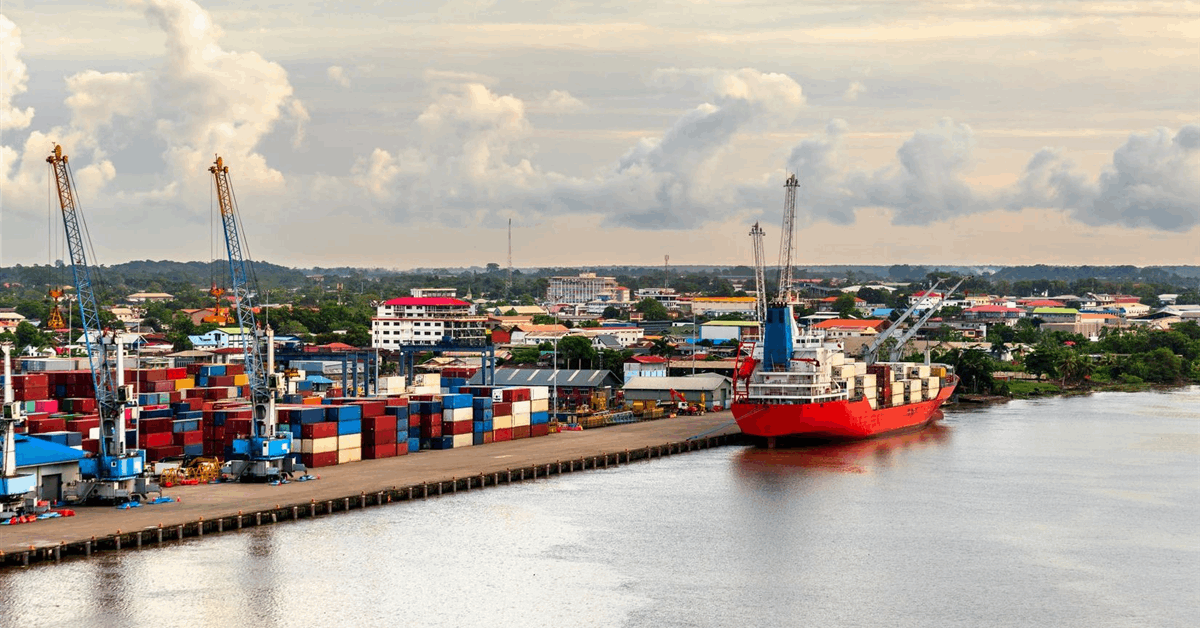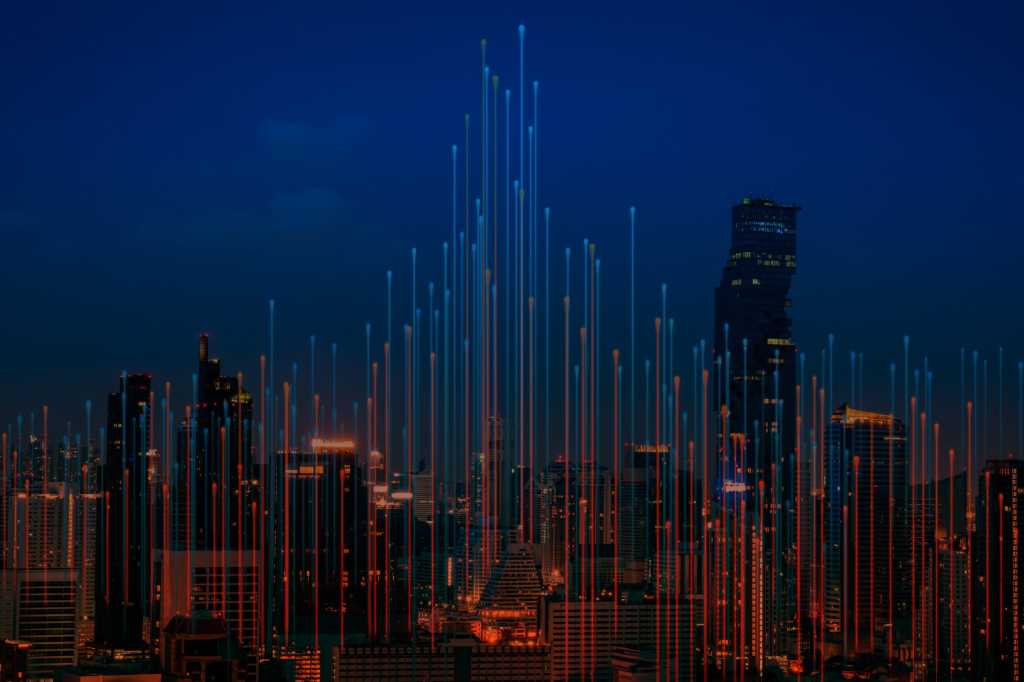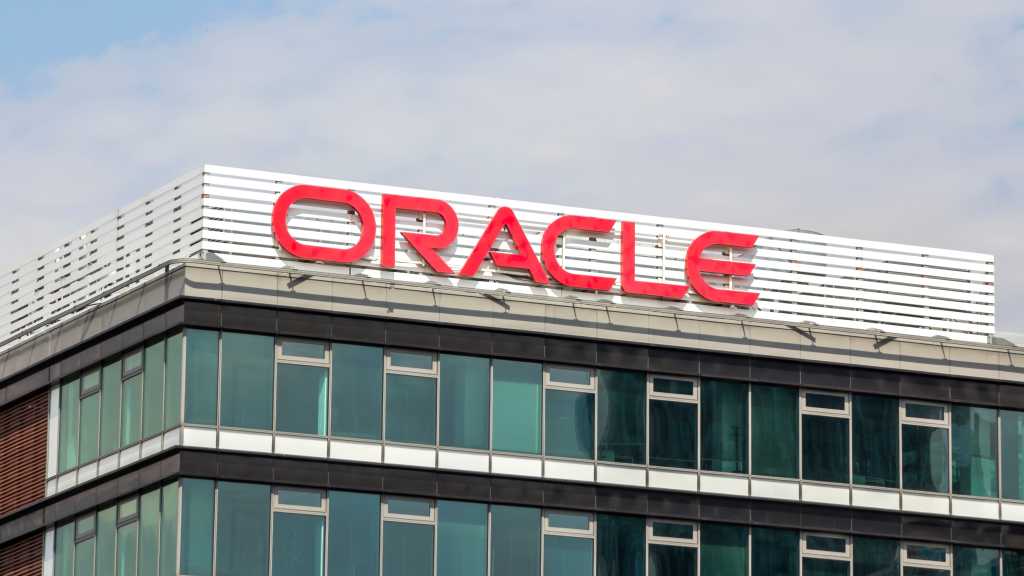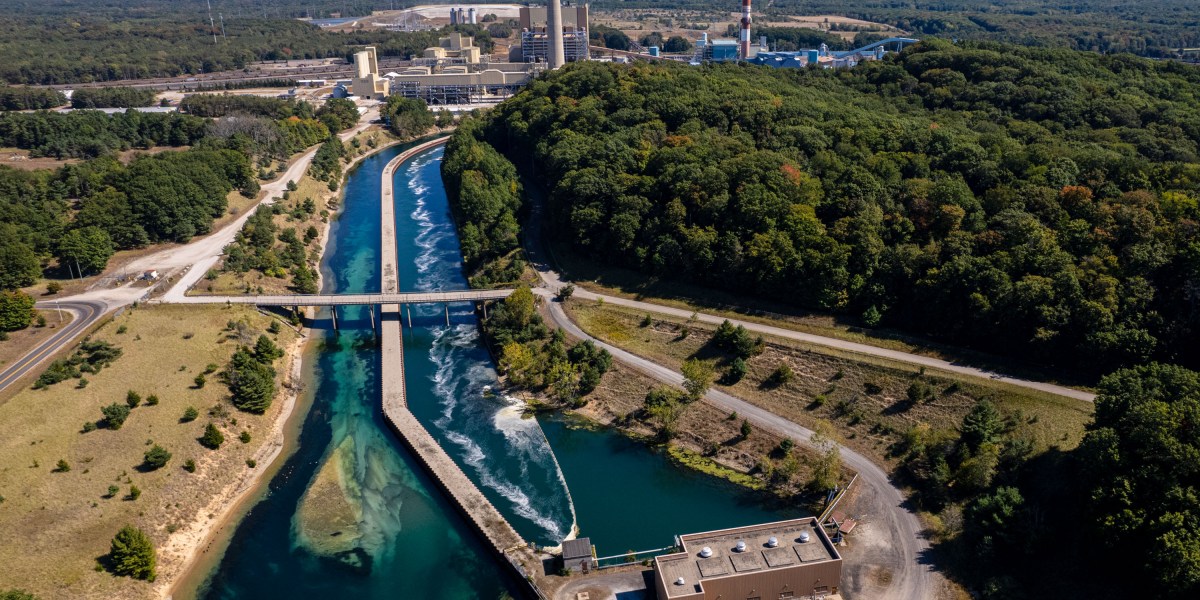
Petroliam Nasional Bhd. (Petronas), Petronas-backed MISC Bhd., and Mitsui OSK Lines Ltd. (MOL) have announced the incorporation of a joint venture for the development of liquefied carbon dioxide (LCO2) carriers.
The partners had already completed the front-end engineering design for a 62,000-cubic-meter (2.19 million cubic feet) LCO2 transport vessel, awarded to the Shanghai Merchant Ship Design and Research Institute. Classification firm DNV granted the design a General Approval for Ship Application certification last December, “establishing it among the most developed Low-Pressure Low-Temperature LCO2 carrier designs in the industry”, Petronas said in an online statement.
The JV, called Jules Nautica Sdn. Bhd., “aims to become a leading owner of LCO2 carriers, facilitating the safe and efficient transportation of LCO2 to designated CO2 storage sites”, Malaysia’s national oil and gas company added. “Focused on supporting future CCS projects across the Asia Pacific region, the JV will also play a key role in completing the CCS value chain.
“Through strategic commercial agreements with CO2-emitting industries and storage companies, this partnership will provide a critical cross-border solution to meet growing environmental and regulatory needs”.
MISC president and group chief executive Zahid Osman said, “Initiatives like these reflect the direction we are taking, as we continue to explore and forge partnerships that will advance the development of low-carbon solutions and ensure our maritime pathways remain integral to a sustainable energy landscape”.
In 2023 Petronas and Mitsui signed an agreement with TotalEnergies SE to establish a CO2 “merchant storage service” that would cater to Asia’s industrial sector.
“The partners will evaluate several CO2 storage sites in the Malay Basin, including both saline aquifers and depleted offshore fields”, France’s TotalEnergies said in a press release then.
In 2024 Petronas signed an agreement with Abu Dhabi National Oil Co. (ADNOC) and Storegga to collaborate on a potential CCS project with a capacity of at least five million metric tons per annum (MMtpa) in the Southeast Asian country.
The Joint Study and Development Agreement will evaluate the capability of saline aquifers to store CO2 emissions, with a view to building a CCS facility in the Penyu Basin offshore Peninsular Malaysia.
The scope of the pact also includes “a CO2 shipping and logistics study, geophysical and geomechanical modeling, reservoir simulation and containment research while exploring the application of advanced technologies, including artificial intelligence, to enhance storage capacity”, a joint statement said at the time.
“Malaysia’s geological abundance of deep saline aquifer reservoirs should allow for the development of large-scale, permanent CO2 storage solutions and the agreement will significantly accelerate regional CCS deployment, while strengthening collaboration between the strategic partners”, the statement said. “The success of this initiative will lay the foundations for a regional CCS hub serving both domestic and international emitters”.
Also in 2024 Petronas said it had signed a joint study agreement with JERA Co. Inc. “to evaluate the feasibility of the entire carbon capture and storage (CCS) value chain including separation and capture of carbon dioxide (CO2) emitted by JERA in Japan, cross-border transportation, and CO2 storage in Malaysia”.
Malaysia’s National Energy Transition Roadmap, released 2023, set goals of 15 MMtpa of CO2 storage capacity by 2030, 40 MMtpa by 2040 and 80 MMtpa by 2050. Petronas is part of the NETR Committee.
To contact the author, email [email protected]
What do you think? We’d love to hear from you, join the conversation on the
Rigzone Energy Network.
The Rigzone Energy Network is a new social experience created for you and all energy professionals to Speak Up about our industry, share knowledge, connect with peers and industry insiders and engage in a professional community that will empower your career in energy.
MORE FROM THIS AUTHOR





